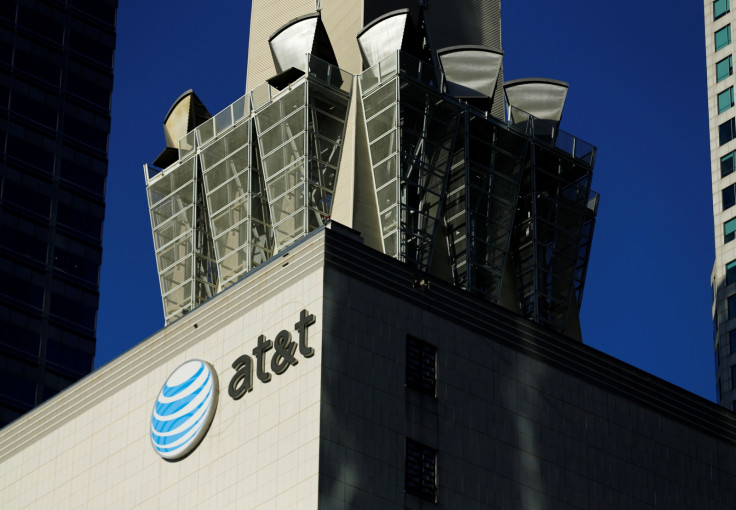Why the Trump administration blocked AT&T's $85bn takeover of Time Warner
AT&T vows to challenge the ruling, describing the decision as a 'radical departure' from US competition practice.

The US Department of Justice (DoJ) has blocked AT&T's proposed $85.4bn (£64.5bn) takeover Time Warner, citing concerns over competition and higher pricing.
The decision to halt the so-called "vertical merger" - a deal which combines together companies that operate at different stages of a production and distribution chain - between two of the US' biggest company represents a major plot-twist in the story.
The telecoms giant has vowed to take legal action against the decision, claiming it was in stark contrast with US competition practice and was "a radical and inexplicable departure from decades of antitrust precedent".
David McAtee, the company's general counsel, said: "Vertical mergers like this one are routinely approved because they benefit consumers without removing any competitor from the market.
"We see no legitimate reason for our merger to be treated differently. The last time the DoJ tried a vertical merger case was in the [Jimmy] Carter administration and it lost the case. You have to go back to the [Richard] Nixon administration to find the last time a court has actually blocked a vertical merger."
A DoJ official said while the body had been unable to reach a deal with AT&T and Time Warner, which also owns HBO, it remained committed to finding a solution to allow the merger to be completed.
"We gave a very good faith effort to try to resolve [...] the harms that the government was able to find, and still allow for portions, significant portions I would add, of this vertical merger to go forward," the official was quoted as saying by the Financial Times.
During his electoral campaign last year, US President Donald Trump criticised the proposed merger and AT&T's chief executive Randall Stephenson hinted political influence might have played a part in the ruling.
Stephenson described political pressure as "the elephant in the room", which appeared to be a reference to Trump's well documented dislike of CNN, which is owned by Time Warner.
"There's been a lot of reporting and speculation whether this is all about CNN," he said.
"And frankly I don't know. Nobody should be surprised the question keeps coming up."
The DoJ triggered its ruling by saying that the deal would harm US consumers, by weakening competition and increasing prices. However, AT&T dismissed both concerns, indicating it had been open to negotiate certain aspects of the deal.
US media have previously reported that the DoJ was looking to force the telecoms giant into selling some of the assets it would acquire via the takeover, such as Turner Broadcasting or its satellite network, in a bid to receive approval.
However, Stephenson made clear the company had no intention of selling the former, which owns CNN, indicating he had never been told that was a pre-requisite for the deal to be approved.
"The relief we're seeking today will keep CNN exactly where it is now," the DoJ official added.
The government body also moved to quell fears that the ruling will represent a sweeping precedent.
"Some vertical mergers can be perfectly fine," it said.
"Some of them can be illegal. It doesn't mean we will block every vertical merger. It doesn't mean we will block every $100bn transactions. It means in this particular case that's what we have to do."






















